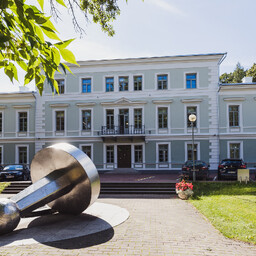Members of the Elections Committee made three decisions on August 25-26, 2023. They exchanged emails. Two decisions were related to election complaints. The third decision was about the allocation of funds for local elections.
Sulev Švilponis and MTÜ Ausad Valimised filed a complaint about this. They stated that decisions made without a meeting are invalid. The complainants found it difficult to monitor the elections.
The Elections Committee explained that they made the decisions via email because the deadlines for election complaints were short. Additionally, it was difficult to find time for a meeting.
The Supreme Court decided to uphold the complaint. The Supreme Court stated that the Elections Committee must make decisions during a meeting. They cannot make decisions solely via email.
A meeting means that people communicate either in person or in real-time online. Before the meeting, committee members can share materials and discuss topics via email or phone. However, the meeting must not be solely about confirming a decision.
MTÜ Ausad Valimised also complained that the notice period for the Elections Committee meeting was too short. The meeting was announced 24 hours in advance. The Elections Committee said this was necessary because the deadlines for election complaints were short.
The Supreme Court stated that a short notice period could cause issues. However, in this case, it was justified. Therefore, MTÜ's complaint on this matter was not upheld.
The Supreme Court added that the Elections Committee must resolve complaints within five working days. Additionally, committee members must fulfill other work responsibilities.
The Supreme Court emphasized that if the meeting is held in person, observers should be notified so they can also monitor the meeting online.

